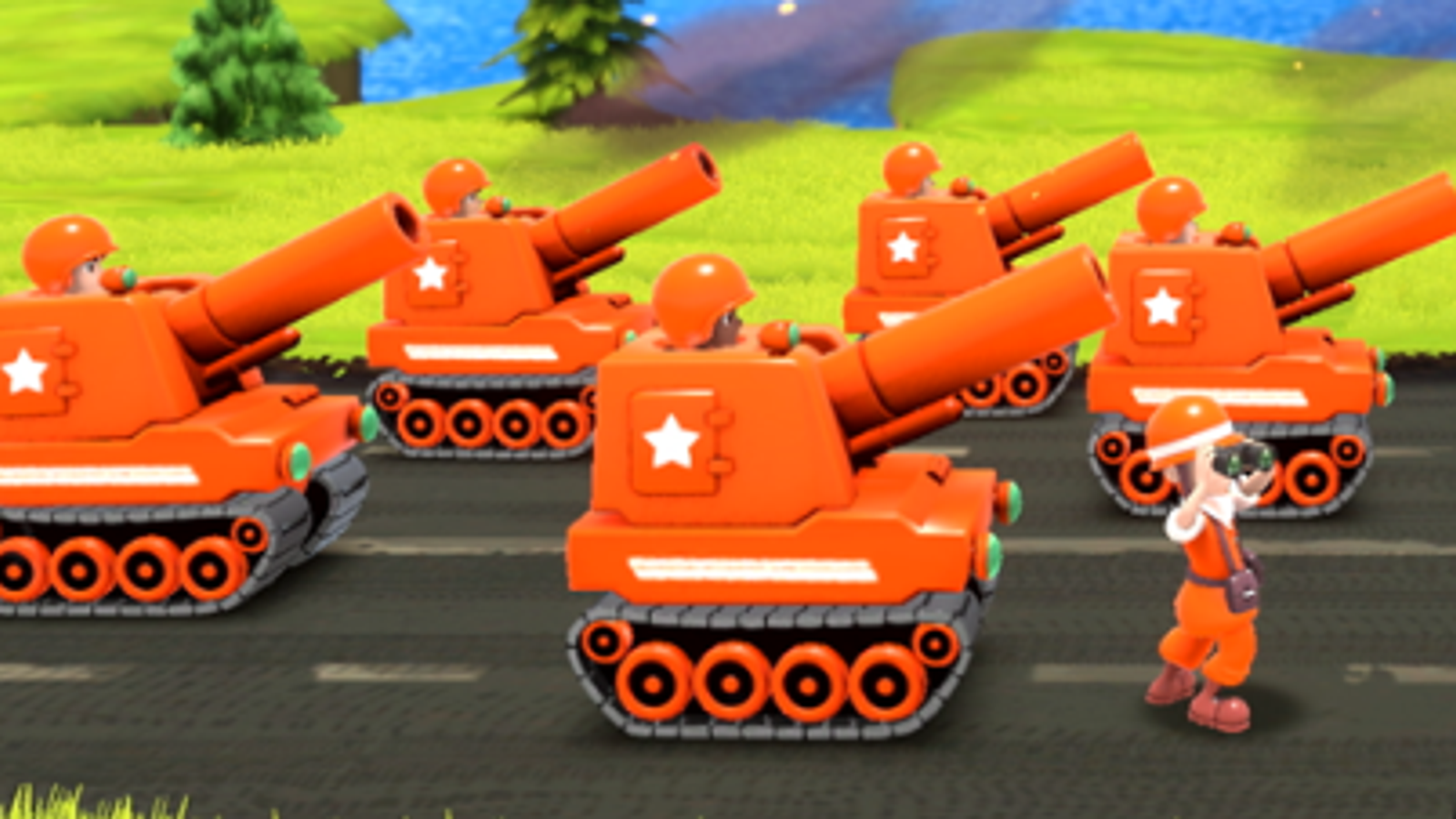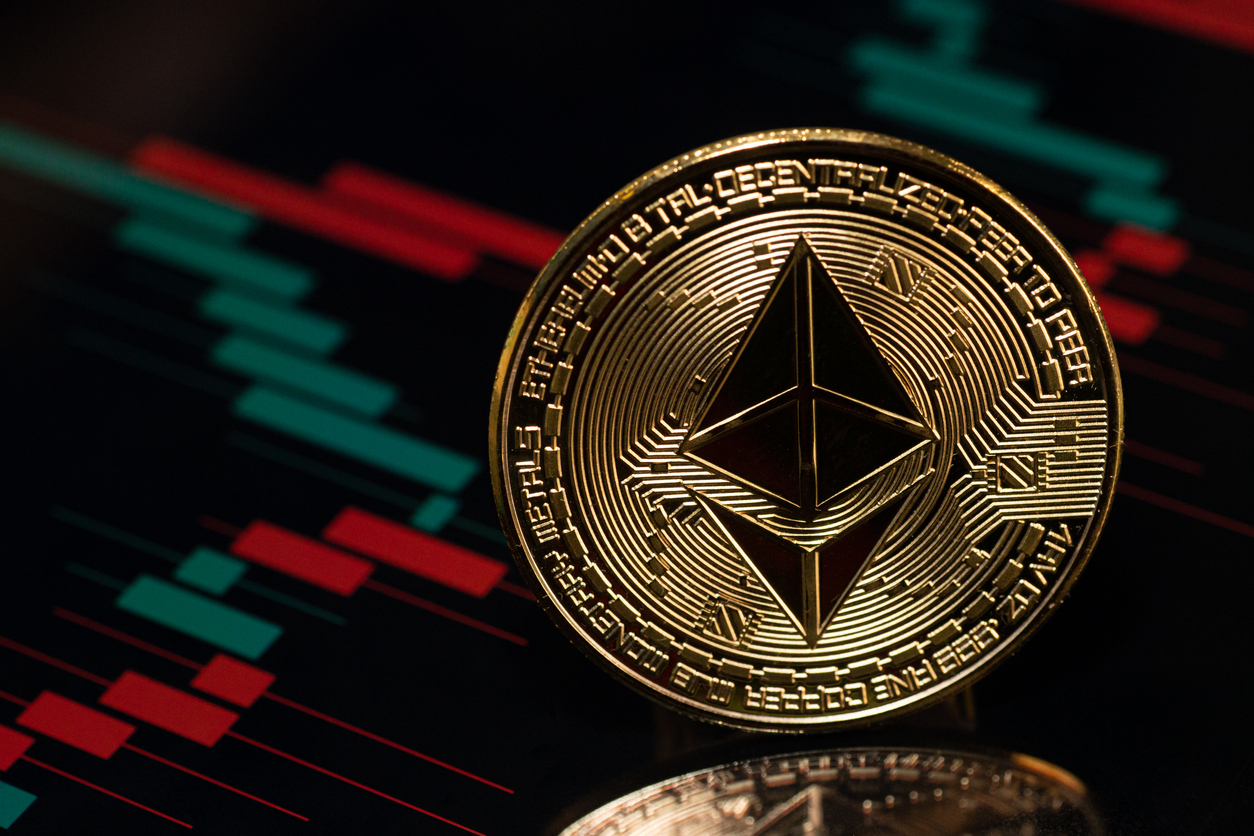A Nintendo video game which suffered an indefinite delay due to the war in Ukraine finally releases today.
Advance Wars 1+2: Re-Boot Camp was originally scheduled to hit the Switch console on 8 April last year, but its Japanese publisher pushed it back following Russia’s invasion.
It is a remade collection of the first two games in the Advance Wars series, a long-running tactics franchise that puts players in control of various factions battling with troops, tanks and other artillery.
Its cartoon-like visuals have always been somewhat at odds with the content: the first game begins with a country engaged in a war against its neighbour, and one of the armies is modelled after Russia and the Soviet Union.
When the delay was announced on 9 March 2022, Nintendo said it was “in light of recent world events”. Vladimir Putin‘s troops had begun their full-scale assault on Ukraine on 24 February.
Nintendo did not announce a new release date until 8 February this year, having been forced to reassure fans that the game had not been cancelled after months without an update.
Re-Boot Camp’s release tomorrow comes 15 years after the previous instalment in the franchise, making it one of the most anticipated games of 2023.
Diablo: TikTok, brand deals and a console launch: How franchise is targeting younger players
Nintendo to fix UK gamers’ faulty Switch Joy-Con controllers for free after years of complaints
Super Mario Bros Movie stars: ‘Our toughest critic will be some middle-aged man living in his basement’
‘Packed with strategic brilliance’
Critics have handed out mostly glowing reviews of the new game.
Nintendo Insider said it was “packed with punchy strategic brilliance” and was an “addictive and tense” experience.
IGN described it as a “great return for this long-neglected series”, and GameSpot said the package offered “fun and approachable strategic gameplay”.
The included games, Advance Wars and Advance Wars 2: Black Hole Rising, originally released in 2001 and 2003.
Nintendo’s decision to delay Re-Boot Camp coincided with the company ceasing shipments to Russia, joining fellow gaming and tech companies like Microsoft, Sony, Apple, and Netflix.








